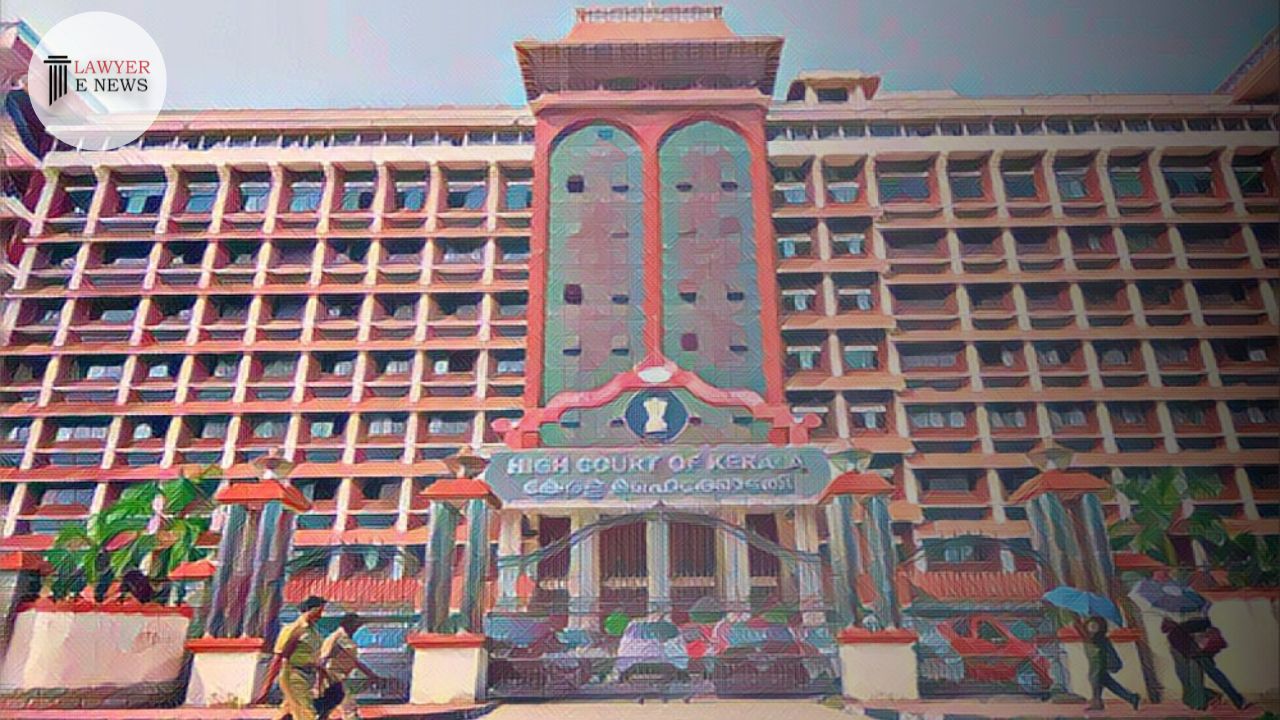-
by Admin
15 February 2026 5:35 AM



The High Court of Kerala has dismissed a petition seeking to recall a child witness for additional cross-examination in a case under the Protection of Children from Sexual Offences (POCSO) Act. The judgment, delivered by Justice A. Badharudeen, clarified the conditions under which a child witness can be recalled and emphasized the necessity of preventing misuse of this provision to rectify lapses in the defense's examination strategy.
The case stems from Crime No. 329/2022 registered at Enathu Police Station, Pathanamthitta. The petitioner, Jerin Joy, was the first accused in the case and had sought to recall the child witness (PW1) to ask additional questions that were not covered during the initial cross-examination. The Fast Track Special Court for POCSO cases, Adoor, had earlier rejected this request, prompting the petitioner to approach the High Court under Section 482 of the Code of Criminal Procedure, 1973.
The petitioner’s counsel referenced the Vineeth v. State of Kerala judgment, arguing that the prohibition under Section 33(5) of the POCSO Act is not absolute and that recalling a witness is permissible when it is crucial for the just decision of the case. This argument was based on the principle that Section 311 of the CrPC grants courts wide powers to summon or recall witnesses at any stage of the trial.
Justice Badharudeen acknowledged the precedent set in the Vineeth case, affirming that the bar under Section 33(5) is indeed not absolute. However, he stressed that this provision must be understood as a safeguard against repeated trauma for the child witness. “The provision should not be interpreted to mean that recalling of the child witness is prohibited in toto. However, it should be established that such recalling is absolutely necessary for the just decision of the case,” the judge noted.
Upon reviewing the additional questions proposed by the petitioner, the court found that the intent was to address gaps and omissions in the evidence that resulted from the defense counsel's initial examination. The judgment clearly stated, “The attempt of the petitioner is to fill up the lacuna and omission in evidence resulted due to laches in evidence at the instance of the counsel for the petitioner by recalling PW1 where Section 33(5) of the POCSO Act would apply.”
The court reiterated that while the child witness can be recalled in appropriate cases, it is essential to ensure that this does not become a tactic to rectify mistakes made by the defense during the trial. “In such cases, it should be established that such recalling is absolutely necessary for the just decision of the case and the same shall not be for the purpose of filling up the lacuna in evidence or to fill up the omission at the instance of the counsel for the accused,” the court emphasized.
Justice Badharudeen stated, “The bar under Section 33(5) of the POCSO Act is not absolute and in an appropriate case, in order to meet the ends of justice, relaxation of the mandate under Section 33(5) of the POCSO Act is legally permissible. However, the petitioner's attempt to recall PW1 is to fill up the lacuna in evidence, which is not legally sustainable.”
The High Court’s dismissal of the petition reinforces the protective measures for child witnesses under the POCSO Act, ensuring that their recall for testimony is not misused to amend defense errors. This judgment upholds the balance between fair trial rights and the need to protect vulnerable witnesses from repeated trauma. It also sets a precedent on the careful judicial consideration required before permitting the recall of child witnesses in sensitive cases.
Date of Decision: 20th May 2024
JERIN JOY VS STATE OF KERALA & ANR.
